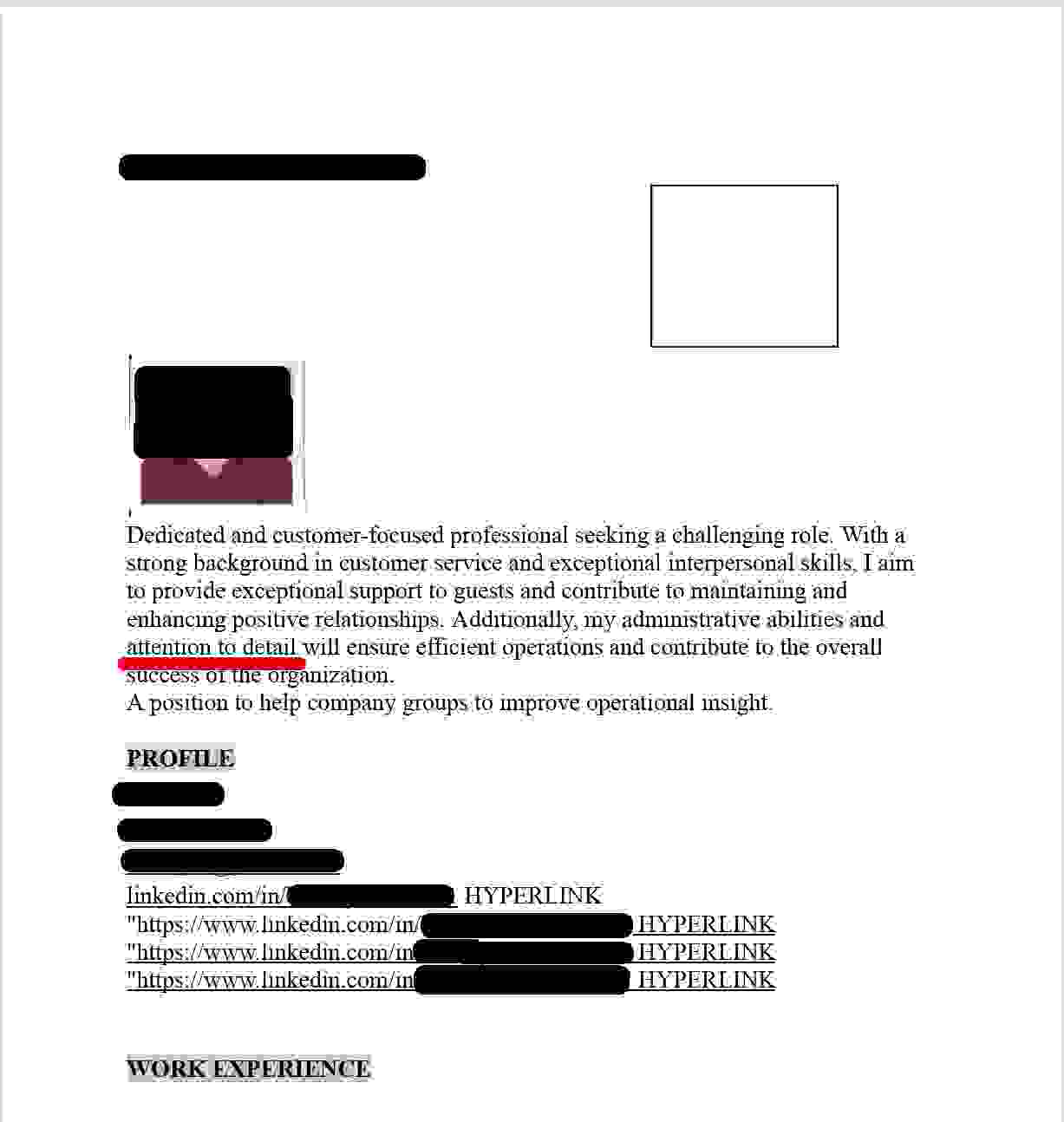In the competitive landscape of modern business, the margin between success and failure often hinges on the minutest details. Attention to detail is not just a desirable attribute in an employee; it is the bedrock upon which companies build their reputation, ensure customer satisfaction, and streamline their operations for maximum efficiency. When overlooked, the consequences can range from minor inconveniences to catastrophic business failures.
Understanding Attention to Detail
What Does It Mean to Have Attention to Detail?
Attention to detail refers to an individual’s ability to perform tasks with a high level of accuracy and precision. It’s the meticulous approach to work that involves careful observation and the commitment to achieve perfection in every task, no matter how small or large. In essence, it’s about caring for the finer points of a project as much as the broader strokes.
The Impact on Business Operations
In the realm of business operations, attention to detail can manifest in various ways: from the accuracy of financial reports to the user-friendliness of a website. It’s evident in the cleanliness of a retail space, the precision of legal documentation, or the functionality of a piece of software. Every aspect of a business benefits from a detail-oriented approach.
Attention to Detail: A Real-World Example
Let’s consider a recent incident that highlights the importance of attention to detail in the most ironic of ways. Today, an individual applied for a position at our company. Among the skills listed on their resume was “attention to detail.” However, in the midst of their application, spanning four lines in large, bold, all-caps letters, were the words “HYPERLINK,” a clear oversight from copying and pasting from a web source. This applicant’s failure to catch such a glaring mistake immediately called into question their claim to be detail-oriented.

This example serves as a cautionary tale. It demonstrates that professing attention to detail is meaningless without the actions to back it up. In business, such an error could be likened to sending out a product with a defect, publishing an advertisement with a typo, or presenting a business proposal with outdated statistics. The ramifications of such errors can tarnish reputations, diminish customer trust, and lead to financial loss.
The Benefits of Attention to Detail in Key Business Areas
Customer Service Excellence
In customer service, attention to detail means listening closely to customers, anticipating their needs, and responding to them with accuracy and thoughtfulness. It’s the difference between a satisfied customer who feels heard and valued, and one who feels neglected and misunderstood.
Flawless Marketing
Marketing materials are often the first point of contact between a company and potential customers. A detail-oriented marketing team will ensure that all materials are free of errors, visually appealing, and effectively communicate the intended message.
Impeccable Financial Management
Financial management requires a meticulous eye. From invoicing to budgeting, a detail-oriented approach ensures accuracy and helps prevent costly mistakes that could impact the entire business.
Product Development and Quality Control
For product development, attention to detail is crucial. It ensures that products are designed and produced to meet specific standards and that quality control measures are in place to catch any issues before the product reaches the customer.
How to Cultivate Attention to Detail
Creating a Detail-Oriented Culture
Cultivating a culture that values attention to detail starts with leadership. When leaders demonstrate meticulousness in their work, it sets a standard for the rest of the team.
Training and Development
Investing in training programs that emphasize the importance of accuracy and thoroughness can help staff to understand the expectations and develop the necessary skills.
Implementing Systems and Processes
Systems and processes should be designed to include checks and balances that ensure errors are caught and corrected promptly.
Encouraging Accountability
When employees know they are accountable for their work, they are more likely to pay close attention to the details.
Attention to detail: in Summary
Attention to detail is not just a line on a resume; it’s a comprehensive approach to business that permeates every level of an organization. It requires a commitment to excellence, a culture that values precision, and a recognition of the significant impact that even the smallest detail can have on the overall success of a company. As the job applicant’s error reveals, it’s not enough to claim attention to detail as a skill—it must be demonstrated consistently in every aspect of one’s work.
Hashtags:
#AttentionToDetail #BusinessExcellence #DetailOriented #OperationalPrecision #CustomerSatisfaction #QualityControl #FinancialAccuracy #ProductDevelopment #EmployeeAccountability #Leadership























